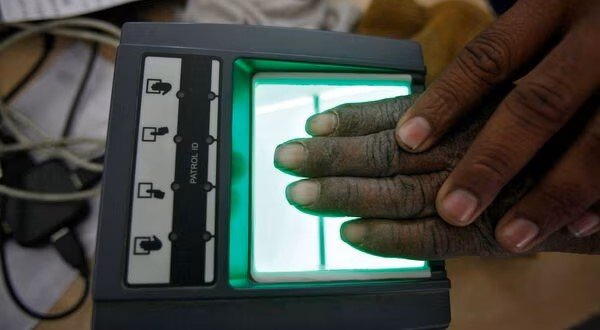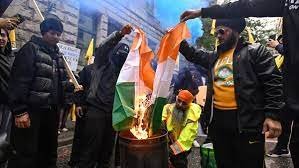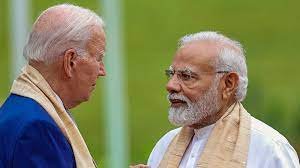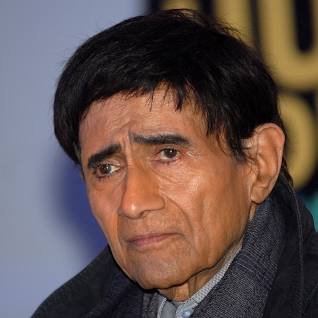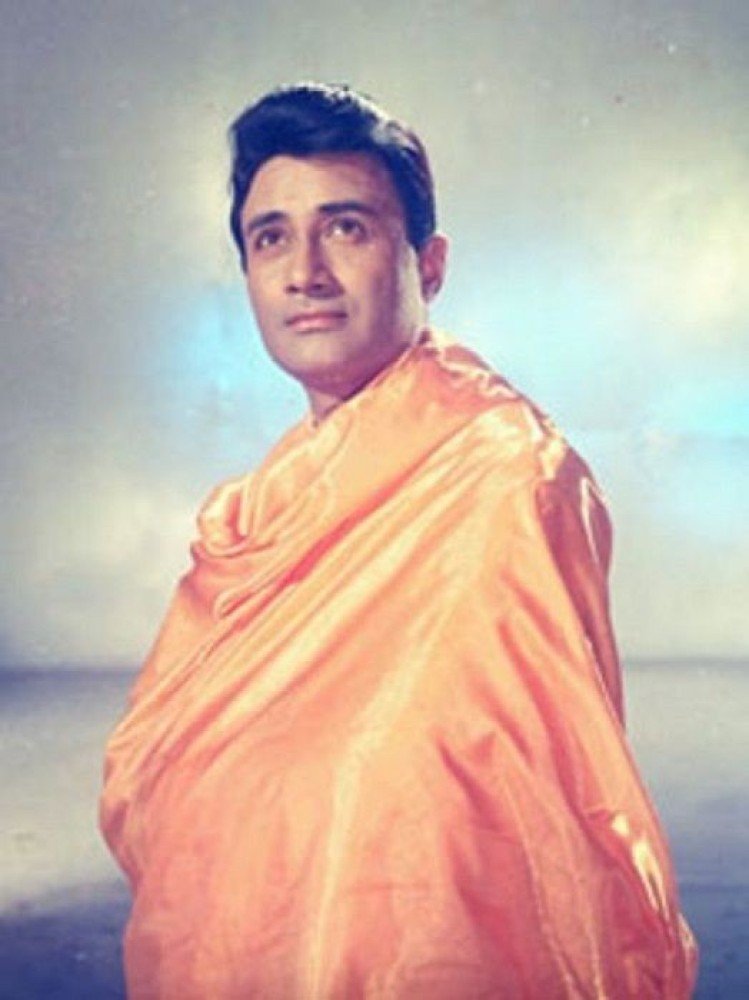The Supreme Court has granted permission to Ashish Mishra, the prime accused in the 2021 Lakhimpur Kheri violence case, to visit and stay in Delhi temporarily to attend to his ailing mother and daughter. This decision comes after Mishra’s earlier interim bail restricted him from entering the national capital or Uttar Pradesh.
In January, the apex court had granted Ashish Mishra, the son of Minister of State in the Ministry of Home Affairs, Ajay Mishra Teni, an eight-week interim bail, but with strict conditions. However, the recent ruling allows him to be with his family in New Delhi for compassionate reasons.
A bench of Justices Surya Kant and Dipankar Datta, while hearing Mishra’s plea seeking a modification of the interim bail condition, directed that he should not participate in any public functions or address the media regarding the case.
Mishra’s mother is reportedly admitted to the RML Hospital in New Delhi, while his daughter requires treatment for leg deformities, making his presence with his family essential.
Background on Lakhimpur Kheri Violence Case:
On October 3, 2021, a tragic incident occurred in Lakhimpur Kheri’s district Tikunia during a farmers’ protest against the then Deputy Chief Minister of Uttar Pradesh, Keshav Prasad Maurya’s visit to the area. Eight people lost their lives during the violence.
According to the UP Police FIR, an SUV, in which Ashish Mishra was seated, allegedly mowed down four farmers, leading to a violent clash where the driver of the SUV and two BJP workers were reportedly lynched by enraged farmers. The FIR also stated that a journalist lost their life during the violence.
Ashish Mishra was arrested on October 9, 2021, after a daylong interrogation by the Special Investigation Team (SIT). On February 15, 2022, the high court granted him bail. However, he had to surrender on April 24, 2022, after his bail order was canceled by the Supreme Court.
In January of this year, a bench of Justices Surya Kant and JK Maheshwari granted Mishra an eight-week interim bail, emphasizing that the top court would closely monitor the trial in the case.
News Summary:
- The Supreme Court has allowed Ashish Mishra, the prime accused in the 2021 Lakhimpur Kheri violence case, to visit Delhi temporarily to care for his ailing mother and daughter.
- Earlier, Mishra was granted an eight-week interim bail with restrictions preventing him from entering Delhi or Uttar Pradesh.
- The court has directed Mishra not to participate in any public functions or address the media regarding the case.
- The Lakhimpur Kheri violence occurred during a farmers’ protest in October 2021, resulting in eight fatalities and several injuries.
- Mishra, son of a Union Minister, had previously been arrested and granted bail in this case, but had to surrender after the Supreme Court’s intervention.

